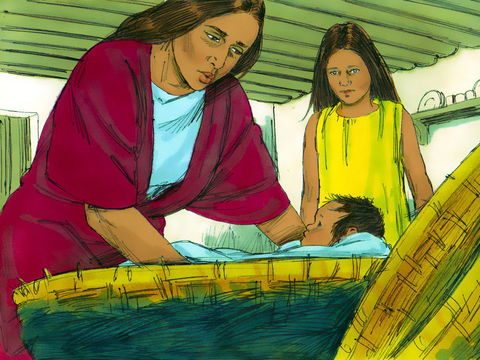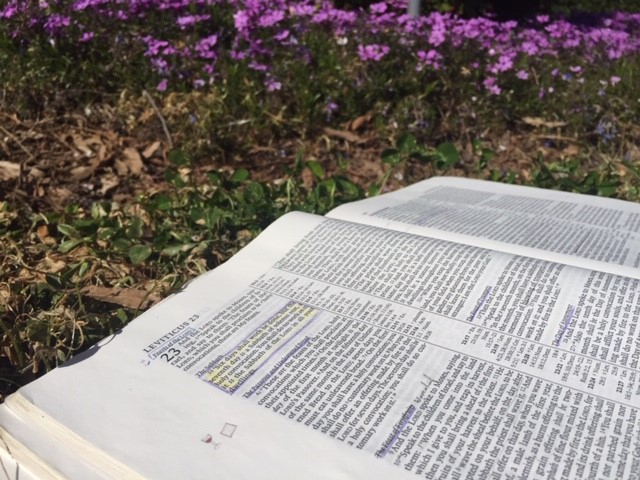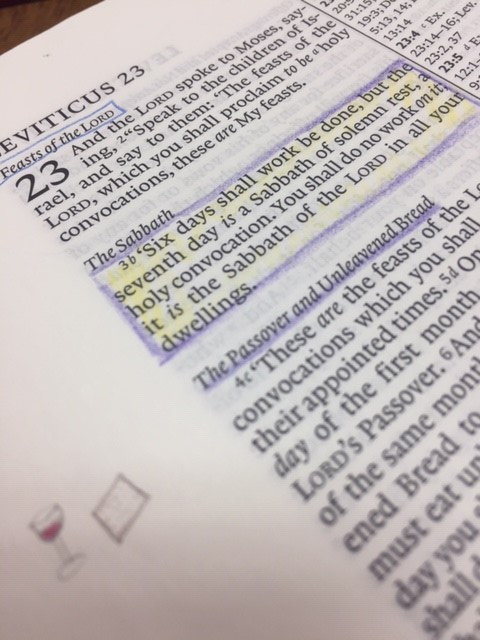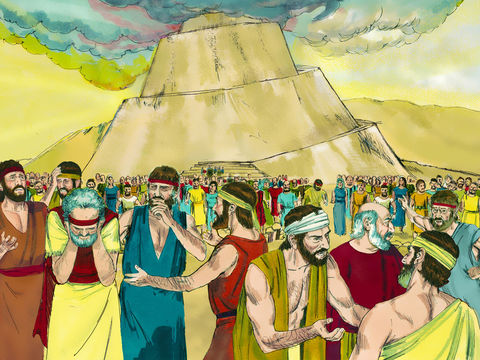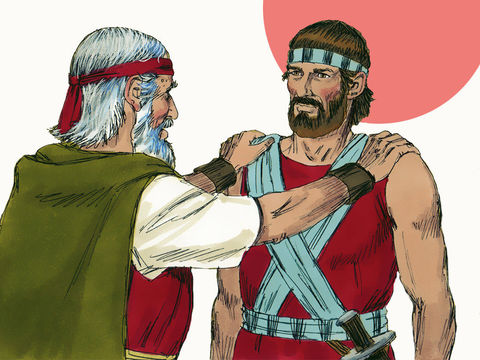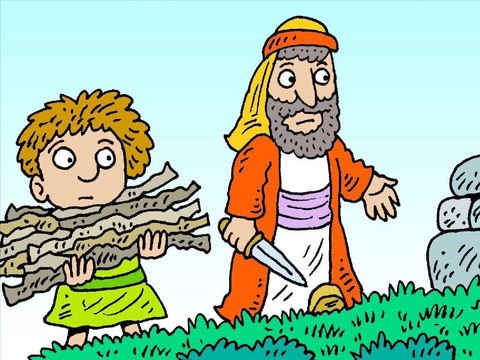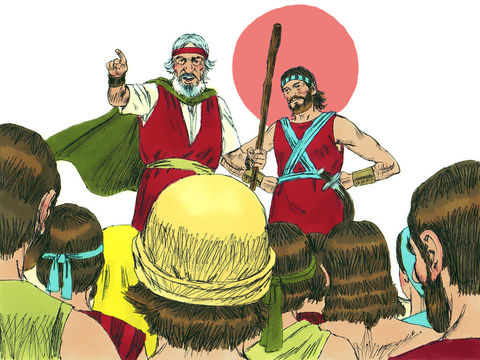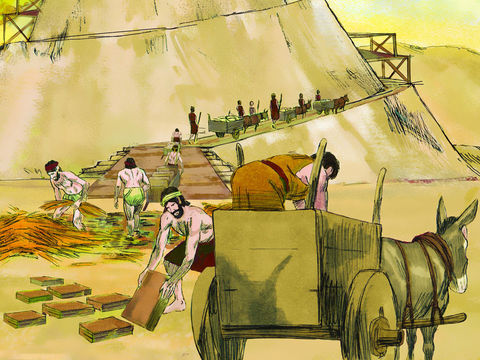Children’s Bible Program – Level 1: Lesson 22 “Moses Encounters Pharaoh and Pharaoh Encounters God”
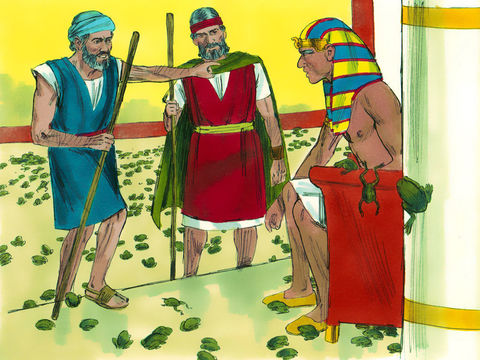
Read Together: As the Israelites suffered as slaves in Egypt, Moses spent 40 years tending his father-in-law’s sheep. But God was not finished with Moses. As Moses passed by Mount Horeb, he was amazed to see a bush furiously burning – but not being burned up! This was God’s way of getting Moses’ attention, and it worked. As Moses approached the bush, He heard God speak plainly to him. God told Moses that it was time for him to lead the children of Israel out of bondage. At first, Moses was not happy with God’s command. He gave one excuse after another about why he was not the man for the job. In the end, Moses humbled himself and obeyed God’s instructions, leaving for his old home in Egypt. Moses and his brother Aaron went to Pharaoh and announced to him that he must let the children of Israel go to worship God in the wilderness. What do you think Pharaoh said? He basically said, “No way!”
Here are his exact words. “Who [is] the LORD, that I should obey His voice to let Israel go? I do not know the LORD, nor will I let Israel go.” (Exodus 5:2)
But Pharaoh would come to regret his disrespect and disregard of the true God. God sent one plague after another upon Egypt–each one attacking one of their gods. In the first plague, their sacred river was turned to blood. But Pharaoh would not let the people go. In the second plague, frogs appeared everywhere. Still, Pharaoh stubbornly refused to let the people go. Nine times, in plague after plague, Pharaoh started to soften, then hardened his heart toward Israel and the true God. Finally, after the 10th and last plague, Pharaoh let Israel go.
Read Together: Exodus 3-10
Discuss:
- Help your child to understand that God gave Moses specific instructions on what to do. Moses was not deciding what to do on his own.
- Ask your child how the Israelites might have felt when they were not delivered after Moses’ first meeting with Pharaoh.Instead of being set free they were made to work harder.
- Help your child identify each of the plagues as you read about them and discuss what each might have been like for the Egyptians.
- Explain that God brought these things about to show Egyptians and Israelites that He is God and there is no other.
Review Memorization:
The Ten Plagues: (1) Waters turned to blood, (2) Frogs, (3) Lice, (4) Flies, (5)Animals die, (6) Boils, (7) Hail, (8) Locusts, (9) Darkness (10) Death of the Firstborn

